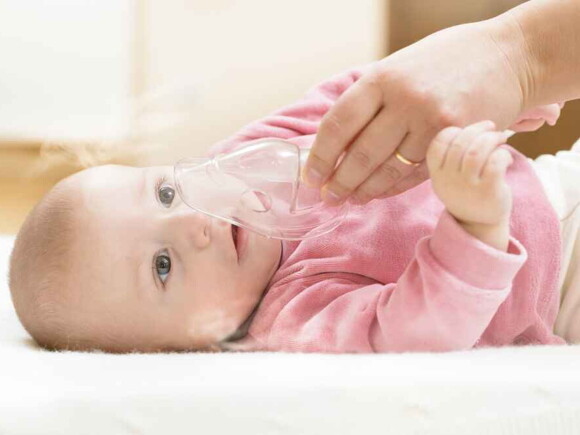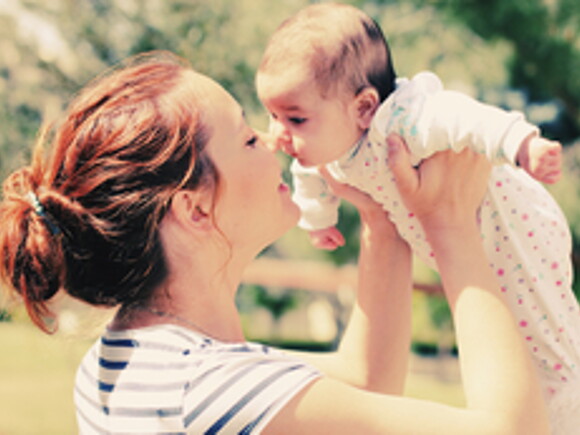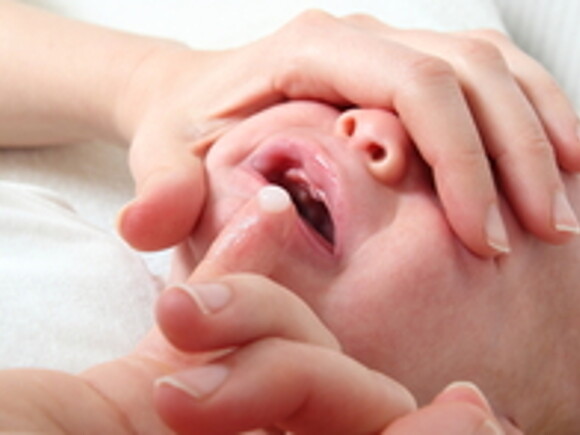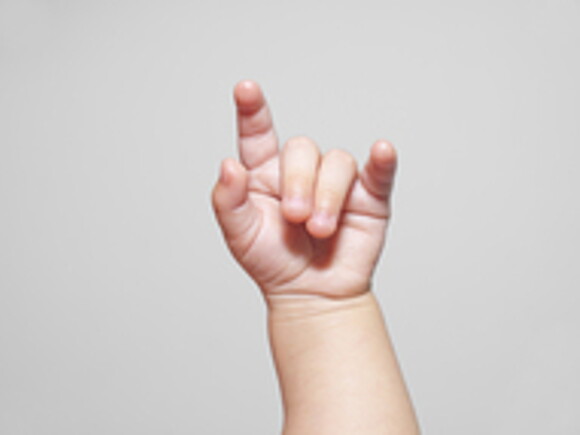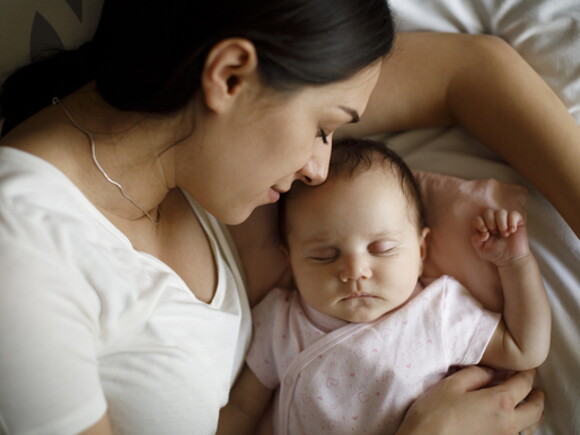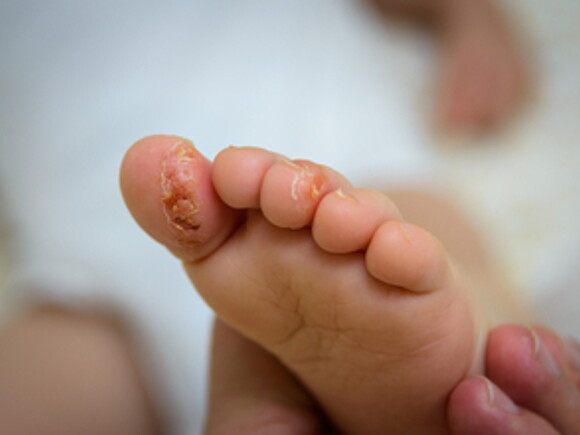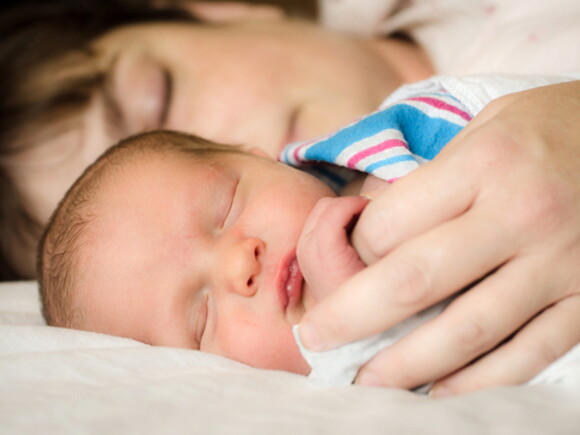Asthma is a chronic inflammatory disease that strikes the bronchiole tubes and results in a narrowed or obstructed airway. Individuals suffering from this condition have bronchial hyperactivity often brought on through severe unusual reactions towards substances that may not be bothersome to healthy people.
Although the exact underlying cause of asthma is still unknown, experts and physicians confirm that respiratory infections, hard exercises, cold air, air pollution or exposure to different allergens, like pollen, mold and animal hair can affect the frequency and severity of asthma.
According to statistics, asthma is not an adult disease. It is one of the most common chronic disorders of childhood. Its diagnosis in infants is very hard, as the latter cannot express themselves accurately and doctors have to rely on parents’ close observations of their children’s behaviors and reactions towards food, as well as the possible risk factors including family history of allergies and asthma, premature labor and exposure to pets, dust and cigarette smoke before and after birth.
In infants, the first symptoms of asthma are recurrent viral-induced wheezing. But in older children, asthma condition is often associated with respiratory allergies that have the following signs and symptoms:
- Weakness or fatigue
- Shortness of breath
- Stiffness in the neck and chest muscles
- Wheezing sound when breathing
- Pain in the chest
- Rapid shallow breathing
- Loss of energy while playing
- Chronic cough
- Frequent coughing spells during play or while laughing or crying
Asthma symptoms differ from one child to another. They may get better or worse with time. Although the whistling sound is the most common sign of this condition, yet it might not hit your little one. Not all asthmatic babies wheeze while breathing and your child may have other symptoms, like nasal obstruction and chronic cough.
So if you’re observing your child closely and doubting he might suffer from asthma, hurry him to the doctor who will order him the necessary medical exams and blood tests, check on his condition and start the treatment. Any delay won’t be in favor of your baby and his lungs!
Concerning asthma treatments in babies, they don’t differ much from adults’ treatments. They might include most of the medications and drugs prescribed for adults and older children, with a slight difference in terms of dosage and way of use, in addition to physicians preferred inhalers that give babies a quick relief and don’t usually have any serious side effect.
Medications used to treat asthma in children vary. Some of them give the baby instant comfort and help him breathe easily, while some others have long-lasting effect, like steroids that can reduce asthma symptoms or mask them temporarily. However, none of these medications can heal your infant and assure you that asthma won’t move with him from one age group to another and until adulthood.
Therefore, you have to accept the idea that your baby has a chronic disease and try your best to help him cope with it and keep control of its symptoms. Here are some important and effective steps to help you out:
- Get to know the warning signs that your child’s asthma is getting worse and agree with your doctor on an action plan and a care plan for emergency cases.
- Take your baby to the doctor on regular basis, so he can help you lessen your worries and anxieties.
- Maintain a low humidity level in your house.
- Keep the air in your house clean by installing air purifiers, as well as central heating and cooling systems.
- Make sure you clean the house and remove dust and allergens from same at least once a week.
- Reduce your baby’s exposure to dry and cold air if it’s the cause for his illness.
- Make your baby’s treatment and medications an integral part of his daily life, just like eating and bathing.
- Restrict your baby’s food intake to the right amount his body needs, as any increase in weight may negatively affect his respiratory condition.
- Prevent your baby from GERD that may increase the severity of his symptoms.
And above all, don’t let asthma be the core of the relationship and the bond between you and your child. Following the doctor’s instructions and the healthy necessary care practices are more than enough to help you put your worries aside, enjoy your baby’s childhood and help him live life as smoothly as possible!
Read More: Allergy Risk Detection And Prevention
Get full access to expert-backed nutrition support
My feed
Curated content based on your preferences
Feeding guidance
Learn about various feeding options and what each means for you and your baby
Tailored Practical Tools
Try our tailored practical tools to guide you through the parenting journey.
My First 1000 Days club
Customised notifications, reminders and newsletters
Still haven't found what you are looking for?
Try our new smart question engine. We'll always have something for you.


